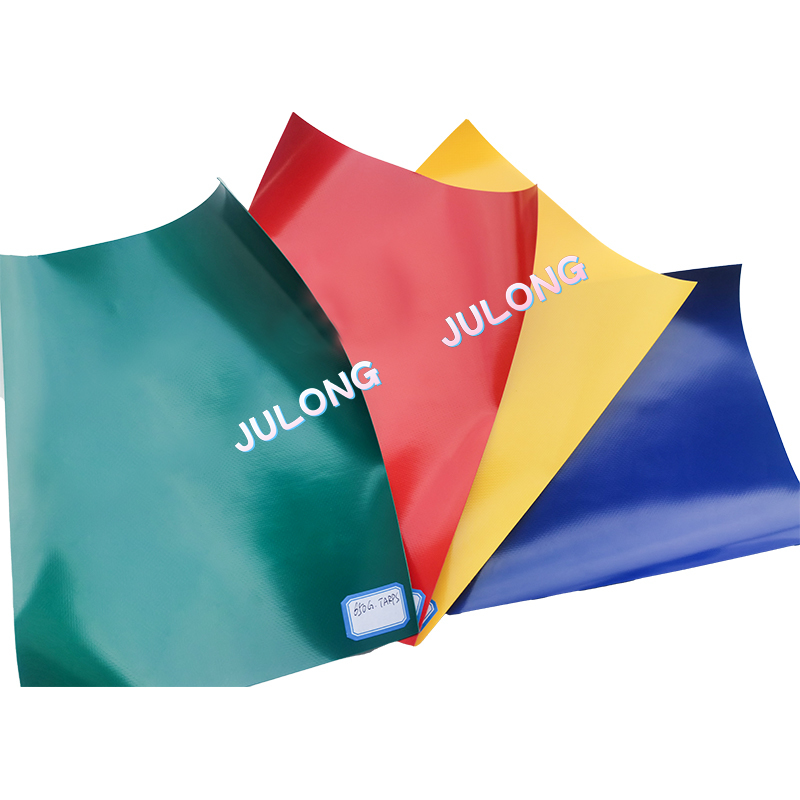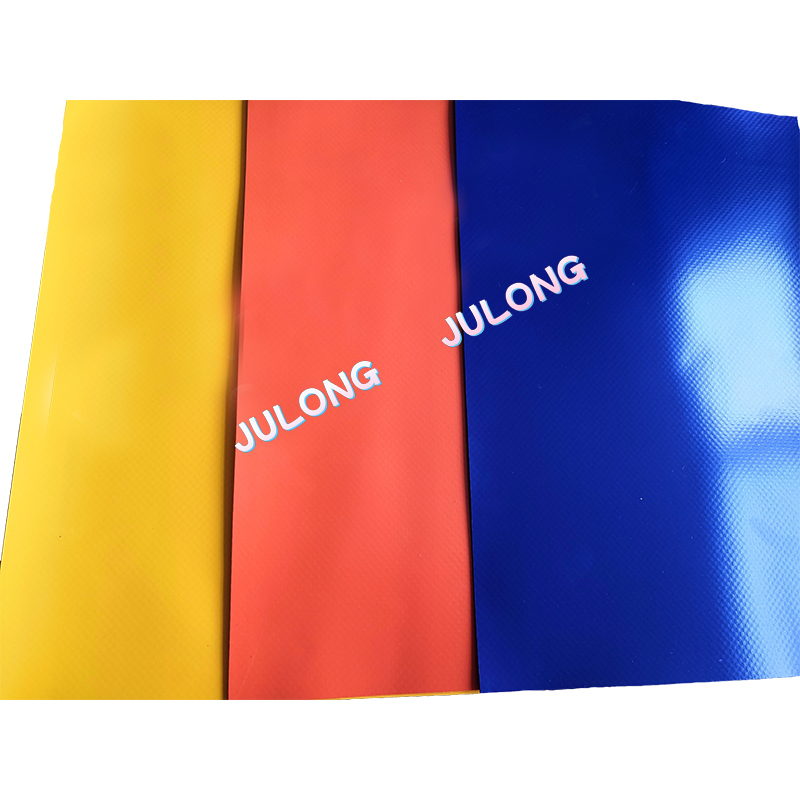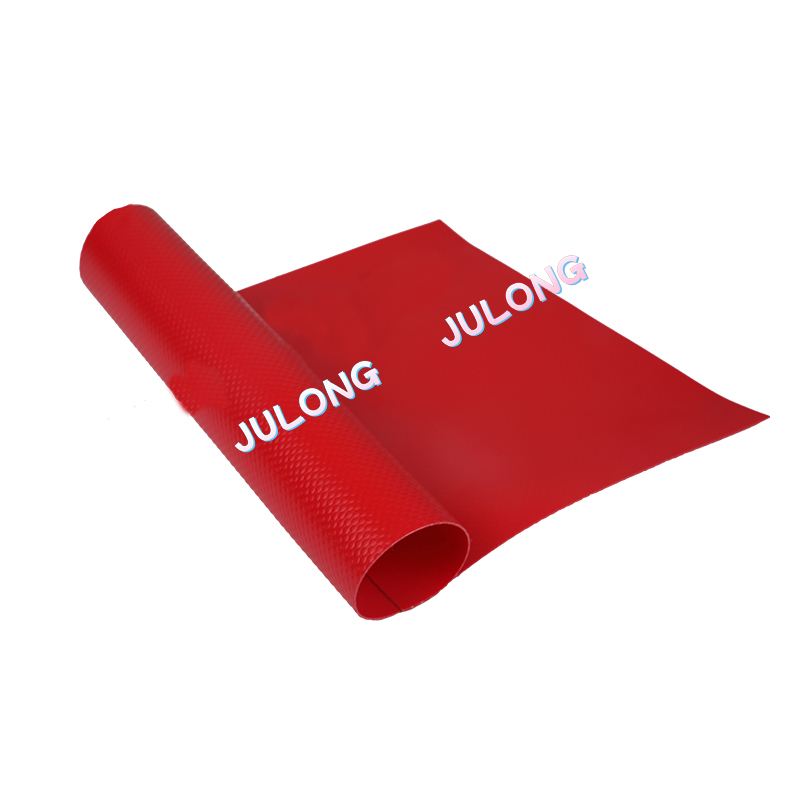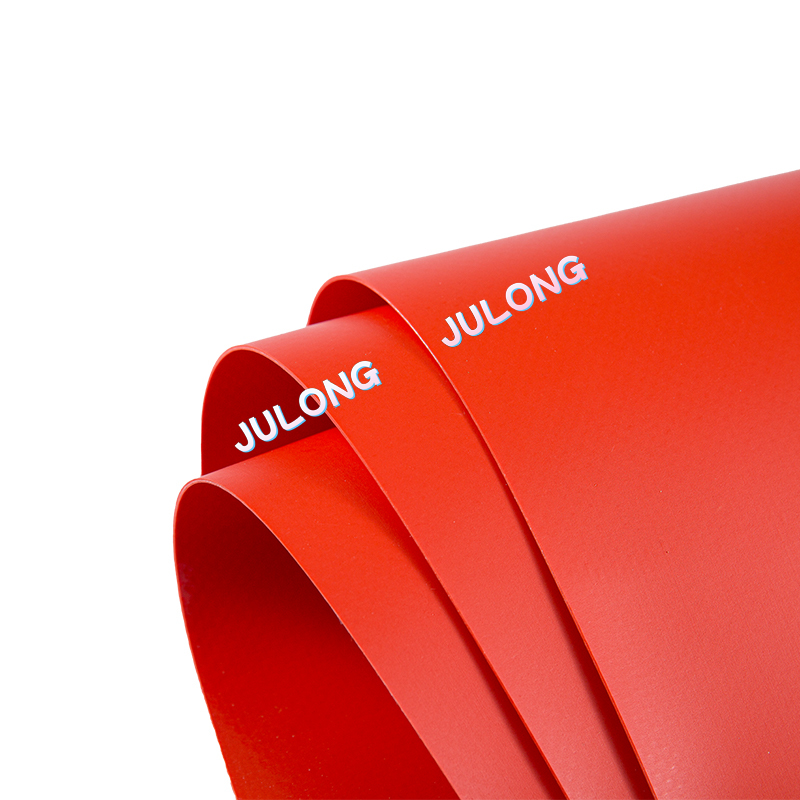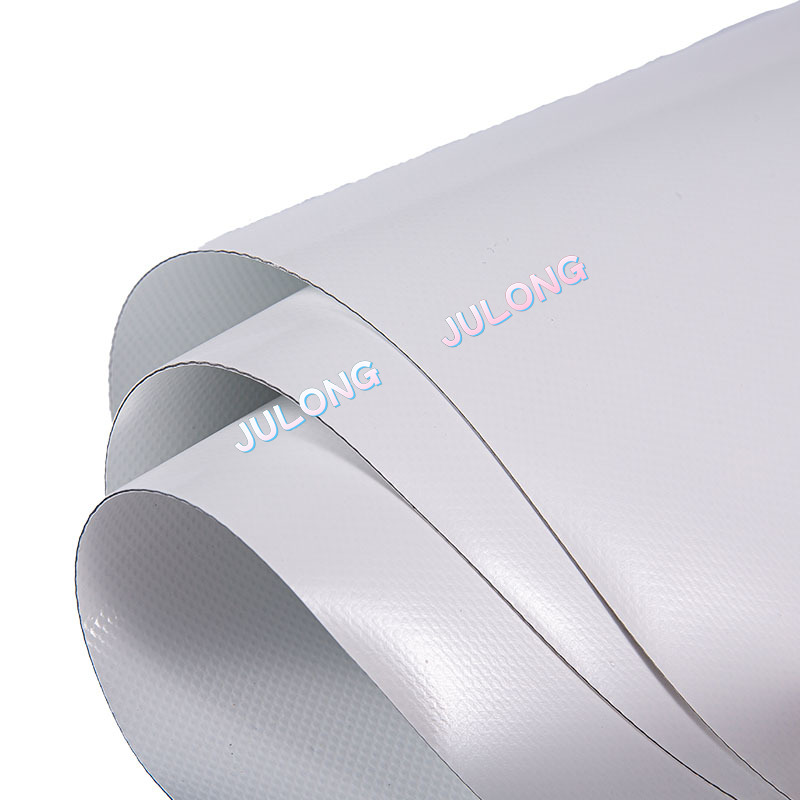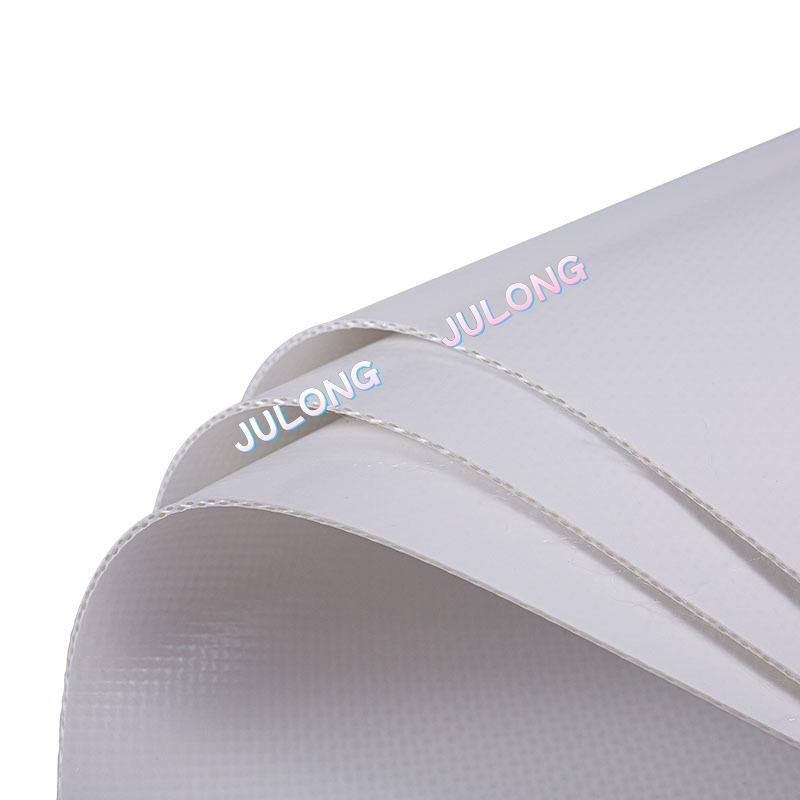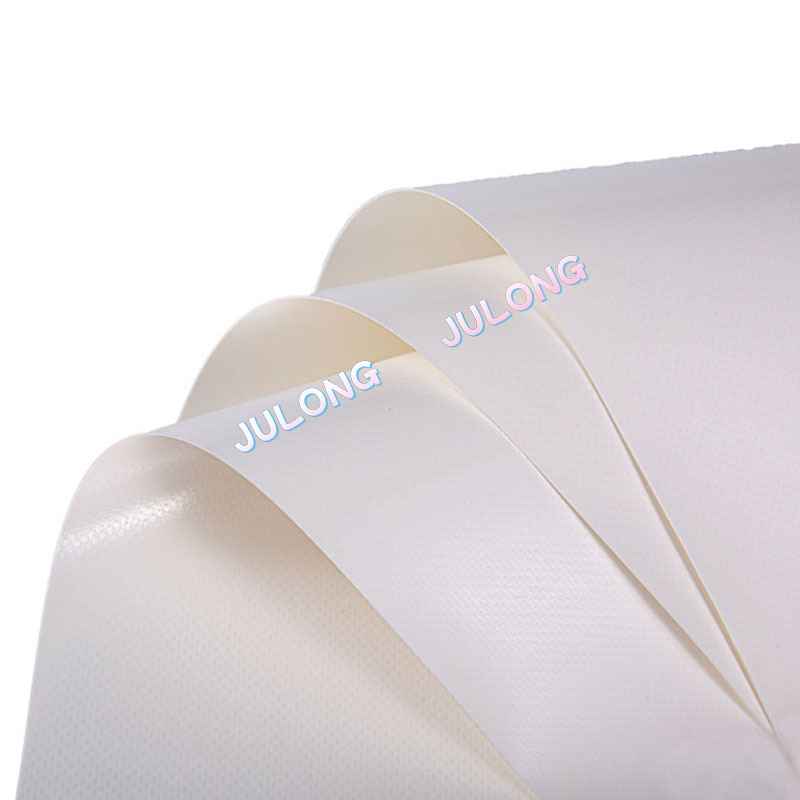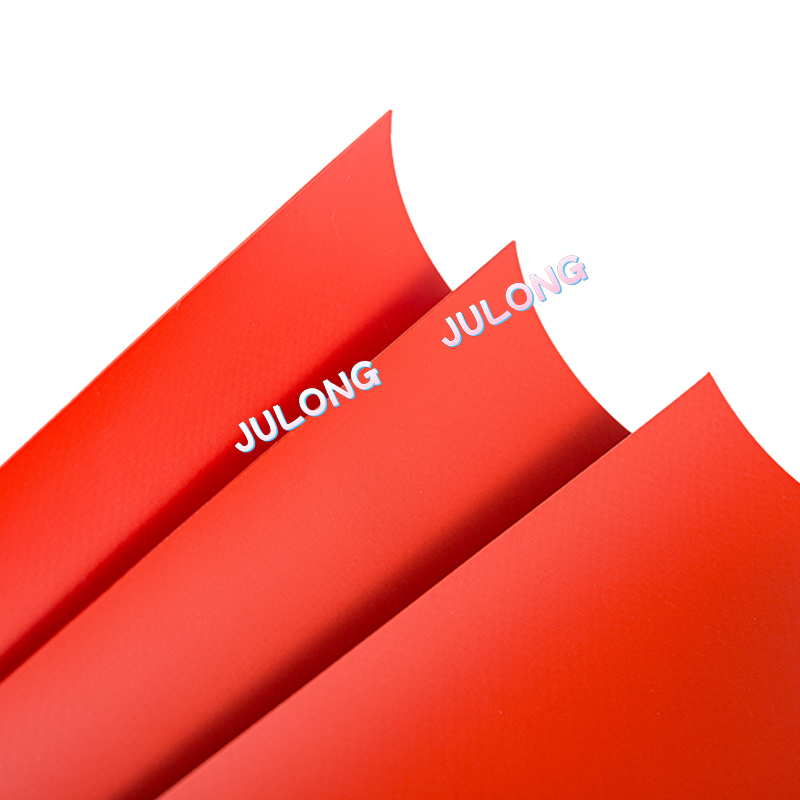PVC super clear film offers several advantages and disadvantages compared to other types of plastic films:
Advantages:
Clarity: PVC super clear film typically offers excellent optical clarity, making it ideal for applications where visibility or showcasing products is important.
Flexibility: It is often more flexible than some other types of plastic films, allowing for easier handling and packaging around irregularly shaped items.
Cost-effectiveness: PVC super clear film can be relatively inexpensive compared to other clear plastic films, providing a cost-effective solution for packaging and other applications.
Versatility: It can be formulated to have various thicknesses and properties, making it suitable for a wide range of applications across different industries.
Chemical Resistance: PVC super clear film can offer good resistance to chemicals, oils, and moisture, enhancing its durability and suitability for certain applications.
Disadvantages:
Environmental Concerns: PVC is not biodegradable and can emit toxic compounds when incinerated, raising environmental concerns. This aspect makes PVC less favorable in certain applications where sustainability is a priority.
Temperature Sensitivity: PVC can become brittle at low temperatures and soft at high temperatures, which may limit its performance in extreme environments.
Plasticizer Migration: Some PVC formulations may experience plasticizer migration over time, leading to changes in flexibility and potentially affecting the clarity of the film.
Impact on Health: Concerns have been raised about the potential health risks associated with certain additives used in PVC formulations, such as phthalates, which are used as plasticizers.
Scratch Resistance: While PVC super clear film can offer good optical clarity, it may be more prone to scratching compared to other types of plastic films, affecting its appearance and performance over time.



 English
English عربى
عربى